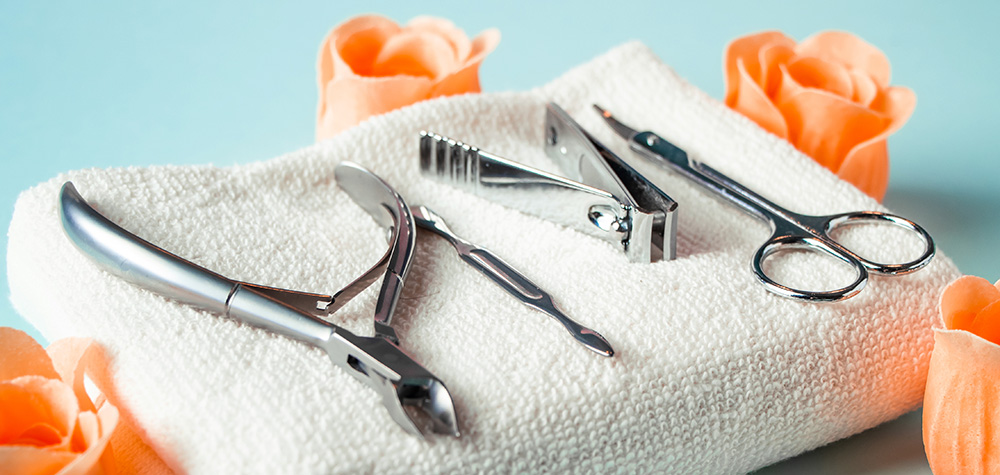With age, many of our bones, muscles, joints, and ligaments get weaker. Often, there is an emphasis on the care of knees, hips, and back for older individuals. But, each of your feet has 26 bones and 33 joints. Over time, your feet deteriorate, just like every other part of the body. Below, we will discuss foot care for elder individuals.
Aging and Advancing Foot Problems
As you age, your skin becomes thinner, bones become more brittle, and joints wear down. This combination of factors can mean that your feet are more likely to be a source of pain. Moreover, your body’s natural self-healing capabilities will slow down over the years. This means that a minor injury to the feet can be crippling if not properly treated. A twisted ankle or blister can take much longer to subside without proper care and attention.
Daily Foot Care
Help your loved one get into the habit of inspecting their feet daily. A long-handled mirror is a great tool for this. Moisturizing daily can soften calluses and keep hardened skin from cracking, which could create problems later. Instruct them to feel across their feet for anything out of the ordinary, as well. They should look for blisters, bruises, cuts, corns, sores, or swelling. Any changes in color, texture, or pain spots could indicate a larger problem.
Get Moving
Movement is important to maintaining joint and muscle health. If your loved one can manage it, they should try to take walks around the block for their health. Even in bed or on the couch, movement in the feet can be beneficial. Encourage them to rotate their ankles, stretch their feet, and walk around the house every so often. Gently massaging your feet can soothe muscles and increase blood flow.
Nail Care
Ingrown nails can hurt, and affect your loved one’s mobility. Nails should be trimmed regularly and checked for potential issues. Cutting after a shower or after soaking in warm water will make them easier to treat. Brittle, thickened, or discolored nails can also be signs of poor health, so be sure to be on the lookout.
If your loved one’s nails need a bit of extra work, consider treating them to a pedicure for a bit of TLC.
Wearing Proper Footwear
Proper footwear for older adults should be comfortable, well-fitting, with a sturdy sole. Replace shoes when the traction wears away. If shoes are too loose or too tight, your loved one may develop blisters or trip more often. Your foot size can change with age. People’s feet tend to swell with high blood pressure, but other factors can raise or lower your shoe size. They may need to look for new shoes in different sizes.
Talk to a Doctor When Needed
While regular foot care can be important, for larger issues, seek out a doctor. Contact your loved one’s primary care physician or their podiatrist if you are concerned about their foot health. Chronic pain, big blisters, cuts, sores, and ingrown nails might be a reason to schedule an appointment for them.
Improving At-Home Care
Hiring additional help for your loved one is a good way to help them maintain their feet, as well as other aspects of their health. At Safe Harbor, we connect families with Certified Home Health Aides, to help ensure that their older or disabled loved one is getting the care they need.
Safe Harbor Healthcare Services does not provide medical, healthcare, or financial advice via articles. This material has been prepared for informational purposes only. It is not intended to provide, and should not be relied on for medical advice.
Safe Harbor Healthcare Services has provided excellent home care on Staten Island since 1967. Our services help older and disabled individuals live safely and independently; while giving their families the peace of mind they need. For more information contact us or call (718)-979-6900.

